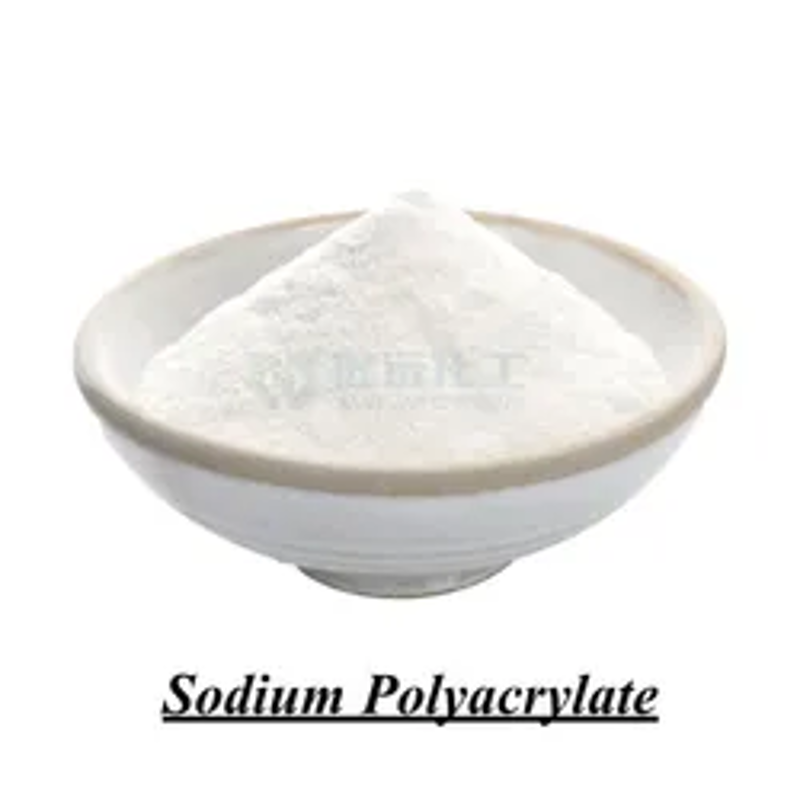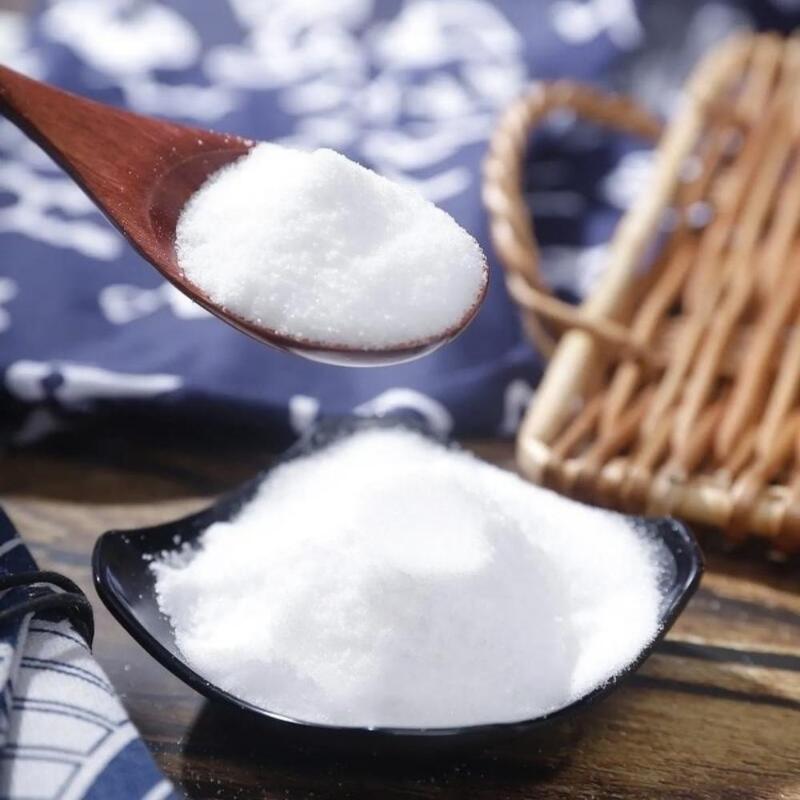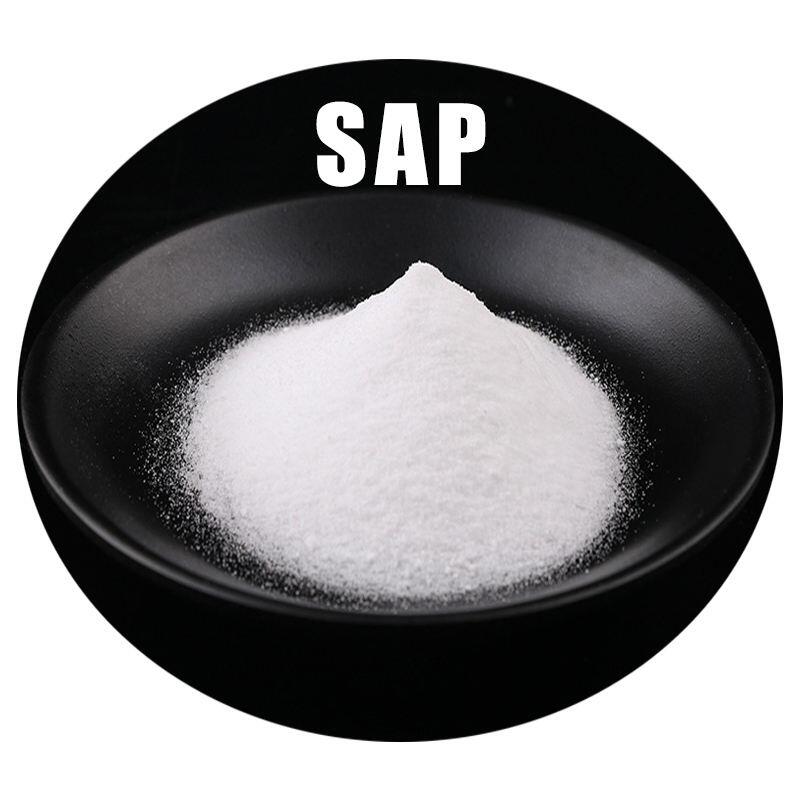-
Categories
-
Pharmaceutical Intermediates
-
Active Pharmaceutical Ingredients
-
Food Additives
- Industrial Coatings
- Agrochemicals
- Dyes and Pigments
- Surfactant
- Flavors and Fragrances
- Chemical Reagents
- Catalyst and Auxiliary
- Natural Products
- Inorganic Chemistry
-
Organic Chemistry
-
Biochemical Engineering
- Analytical Chemistry
-
Cosmetic Ingredient
- Water Treatment Chemical
-
Pharmaceutical Intermediates
Promotion
ECHEMI Mall
Wholesale
Weekly Price
Exhibition
News
-
Trade Service
Starch is a widely used raw material in the chemical industry, and it has a variety of applications in different sectors.
One of the most important uses of starch is in the production of a variety of downstream products, such as glucose, fructose, and other sugars, as well as starch-based materials, such as paper, textiles, and bioplastics.
The upstream products of starch include a variety of sources, such as corn, potatoes, and cassava, which are all rich in starch.
These raw materials are processed using a variety of techniques to extract and purify the starch, which is then used as the starting material for downstream production processes.
One of the key steps in the upstream production of starch is the extraction of the starch from the plant material.
This is typically done using a variety of physical and chemical methods, such as milling, cooking, and washing, which are used to break down the plant material and release the starch.
The extracted starch is then purified and dried to remove any remaining impurities and to increase its purity.
Once the starch has been purified and dried, it is ready to be used in downstream production processes.
One of the most common downstream products of starch is glucose and fructose, which are used as sweeteners and as starting materials for the production of a variety of chemicals, such as ethanol, citric acid, and polyols.
Glucose and fructose are produced through a process called hydrolysis, which involves breaking down the starch molecules into their component sugars using hydrochloric acid.
The resulting sugars are then purified and dried to produce a high-purity product that is suitable for use in a variety of applications.
In addition to glucose and fructose, starch can also be used to produce a variety of other downstream products, such as starch-based materials, such as paper, textiles, and bioplastics.
These products are produced using a variety of techniques, such as extrusion, where the starch is pressed into a desired shape, or thermoforming, where the starch is heated and molded into a specific shape.
Starch-based materials have a number of advantages over traditional chemical-based materials, including biodegradability, renewability, and low toxicity.
These properties make them an attractive alternative to traditional materials in a variety of applications, such as packaging, textiles, and construction.
In conclusion, starch is a versatile raw material that has a wide range of applications in the chemical industry.
It is extracted and purified from a variety of plant sources and can be used to produce a variety of downstream products, such as glucose, fructose, and starch-based materials.
The use of starch-based materials has the potential to reduce the environmental impact of the chemical industry, and their use is expected to increase in the future.







